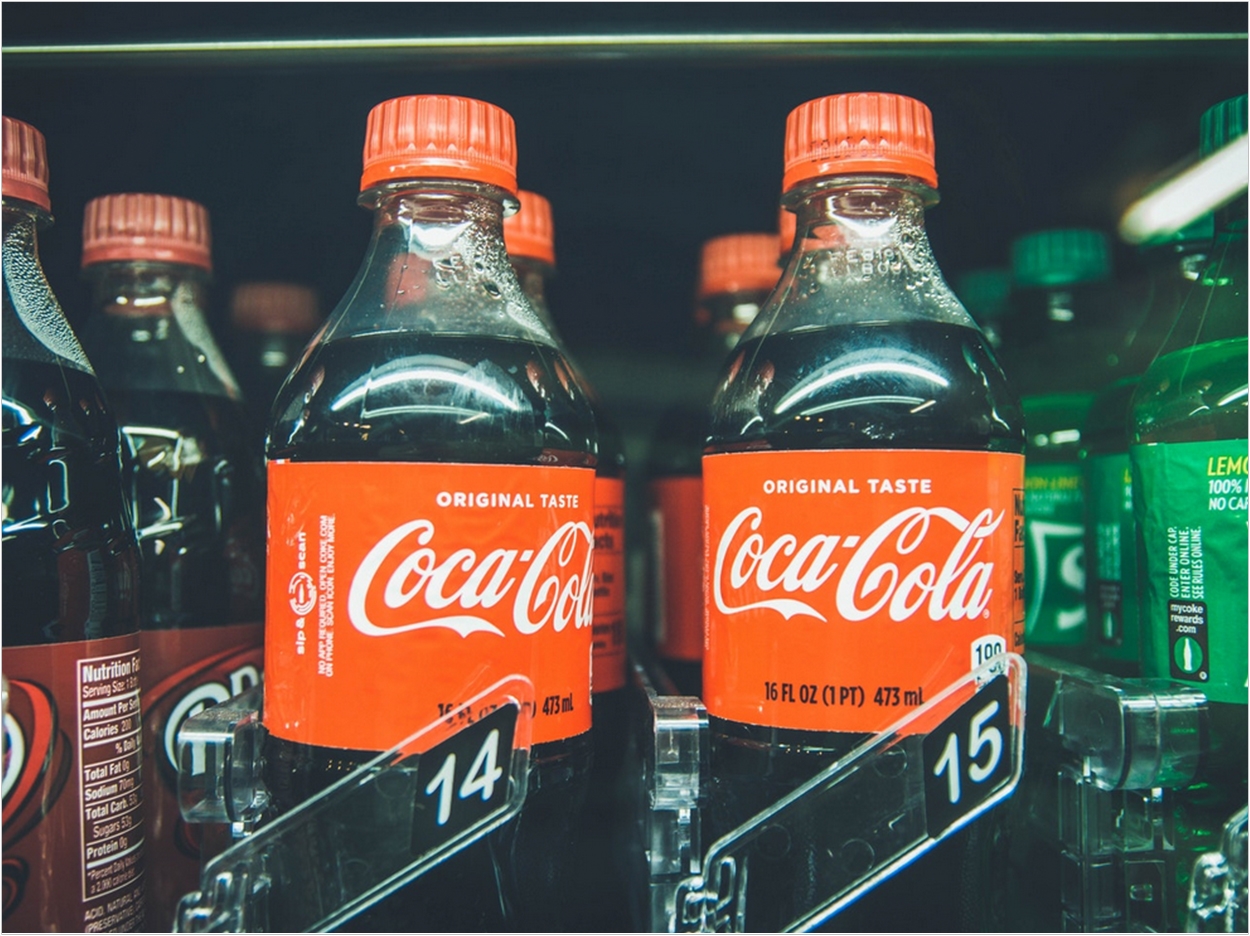
Chile’s tax on soft drinks has been effective in reducing their sales, according to an international team of researchers. Introduced in 2014, however, the tax has not yet reduced the socioeconomic inequalities in diet-related health.
The researchers analyzed household grocery purchasing data from Chile for three years before the tax was introduced and for one year afterward. The tax targets any non-alcoholic beverages with added sweeteners, colors, or flavors.
Beverages with an added sugar concentration of 6.25 grams per 100 ml or more saw the existing tax increase from 13% to 18%. Beverages below this threshold saw their tax decrease from 13% to 10%, producing an 8% difference.
If fully transmitted to the consumer, the tax would increase the price of a 500-ml sugary beverage from 500 pesos (77 cents) to 525 pesos (81 cents), and it would drop the price of an equally priced non-sugary beverage to 485 pesos (75 cents).
The researchers concluded that despite the tax incentive being comparatively small, there are signs that purchases of beverages with higher sugar content declined, particularly among high socioeconomic groups.
The study revealed an overall 21.6% decrease in the monthly purchased volume of the higher taxed, sugary soft drinks. Among middle and high socioeconomic groups, the monthly purchased volume fell by 16% and 31% respectively.
There was a 12% reduction in purchase volume in the low socioeconomic group, though the researchers called this statistically insignificant. By contrast, the volume of non-sugary soft drink purchases showed no increase in volume for any socioeconomic groups.
“The results suggest that the Chilean tax policy may have been effective in reducing consumption of sugary drinks, though not necessarily to reduce socioeconomic inequalities in diet-related health,” said Marc Suhrcke, PhD, professor of global health economics at the University of York.
“Further evaluations are needed to analyze the policy effect on purchasing of soft drinks in the long run as we as to evaluate the impact on health outcomes,” Suhrcke said.
“Our results suggest an overall reduction of sugar consumption after the implementation of the tax in Chile. From a public health perspective, even a small reduction in sugar intake at the population level could lead to significant health gains,” said Cristolbal Cuadrado, MD, MPH, of the University of Chile School of Public Health.
“Other countries may take heart from our findings, in that it indicates that the tax incentive may not need to be huge to have impact. It also shows that there may be more than one way in which a sugar-sweetened beverage tax can be implemented with some success,” Cuadrado said.
The researchers say their findings could have implications for the United Kingdom, which introduced a sugar tax on soft drinks in April. While California recently banned local sugar taxes through 2030, the California Medical Association and California Dental Association are campaigning for a statewide tax.
The study, “Evaluating the 2014 Sugar-Sweetened Beverage Tax in Chile: An Observational Study in Urban Areas,” was published by PLoS One.
Related Articles
CMA and CDA Propose Statewide Soda Tax in California
Tax Reduces Sugary Beverage Consumption in Berkeley
New Taxes Won’t Dramatically Raise Sugary Beverage Prices












